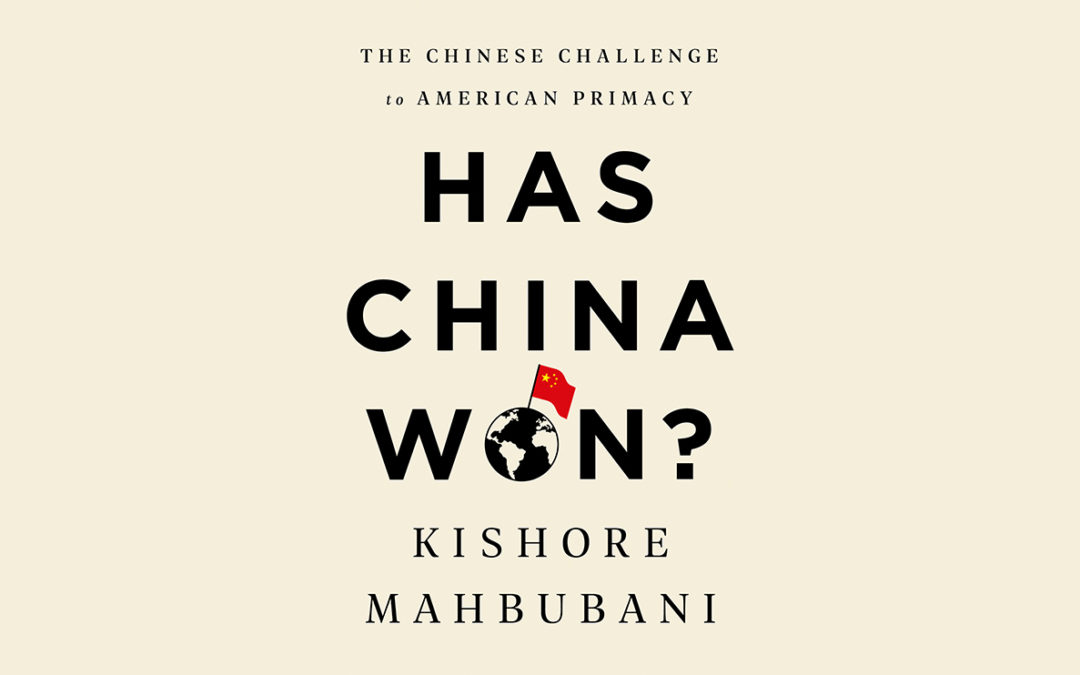
by Kishore Mahbubani | Mar 31, 2020 | By Kishore Mahbubani
Behind “Has China Won?” (which it hasn’t) lurks a more important question: “Can America lose?” This question seems inconceivable. But future historians will be puzzled: a young republic, barely 250 years old, with one quarter the population of China, is taking on the...

by Kishore Mahbubani | Mar 20, 2020 | By Kishore Mahbubani
The pandemic will change the world forever. We asked 12 leading global thinkers for their predictions. Like the fall of the Berlin Wall or the collapse of Lehman Brothers, the coronavirus pandemic is a world-shattering event whose far-ranging consequences we can only...

by Kishore Mahbubani | Mar 17, 2020 | By Kishore Mahbubani
Kofi Annan, the late UN Secretary-General, often said the world was a “global village.” He was right. Our world has shrunk. The recent spread of COVID-19 worldwide, affecting both rich and developing countries, confirms that all 7.5 billion people of the...



